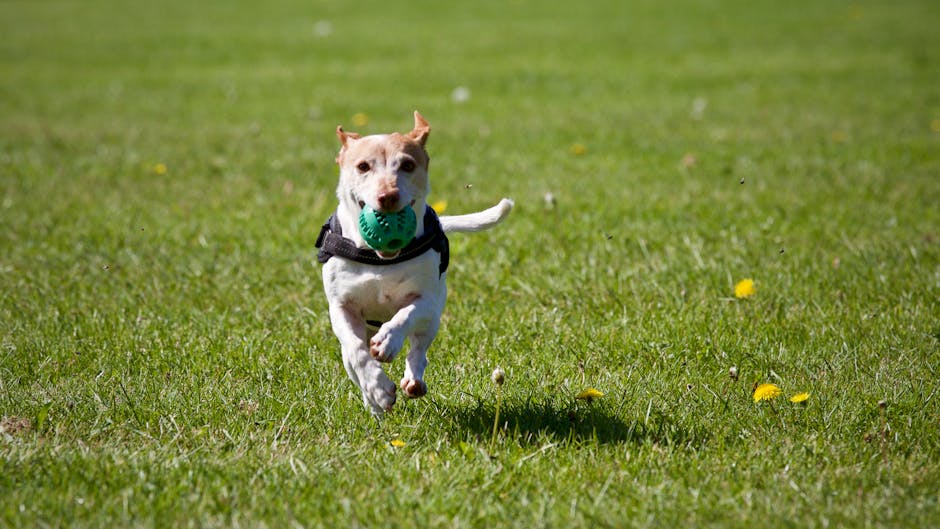Dog training is an essential aspect of responsible pet ownership. It helps establish a strong bond between you and your furry friend while promoting their overall well-being. Whether you're a first-time owner or have experience training dogs, here's a comprehensive guide to help you embark on the rewarding journey of dog training.
**Understanding Your Dog's Behavior**
Before you start training, it's crucial to understand your dog's natural instincts and behaviors. Dogs are pack animals, so they respond well to a clear and consistent leader. They also thrive on routine and predictability, which provides a sense of security and comfort. Observing your dog's body language, vocalizations, and reactions will give you insights into their needs and preferences.
**Positive Reinforcement**
Positive reinforcement is the key to effective dog training. When your dog exhibits desired behaviors, reward them with treats, praise, or play. This encourages them to repeat those behaviors in the future. Avoid using punishment, as it can damage your dog's trust and create fear or aggression.
**Consistency and Patience**
Consistency is vital for successful dog training. Establish clear and consistent rules and commands, and enforce them every time. Avoid changing commands or expectations, as this can confuse your dog. Patience is also essential. Training takes time and effort, so don't get discouraged if your dog doesn't respond immediately.
**Basic Obedience Commands**
Start with basic obedience commands such as sit, stay, come, heel, and down. These commands provide a foundation for more advanced training and help your dog understand your expectations. Use short, clear commands and practice them in short, frequent sessions.
**Socialization**
Socialization is crucial for your dog's well-being. Expose them to different people, places, and situations from an early age. This helps them become confident and well-adjusted, reducing the risk of fear or aggression.
**Problem Behaviors**
If your dog exhibits undesirable behaviors such as jumping, barking, or chewing, address them promptly and consistently. Use positive reinforcement to reward alternative behaviors and redirect their attention to appropriate activities.
**Professional Help**
If you encounter significant challenges during dog training or if your dog displays concerning behaviors, don't hesitate to seek professional help from a certified dog trainer or animal behaviorist. They can provide tailored guidance and support.
**Enjoy the Journey**
Dog training should be a positive and enjoyable experience for both you and your dog. Approach it with patience, consistency, and a lot of love. Celebrate your dog's successes, and never give up on their training journey. Remember, a well-trained dog is a happy and fulfilled member of your family.
